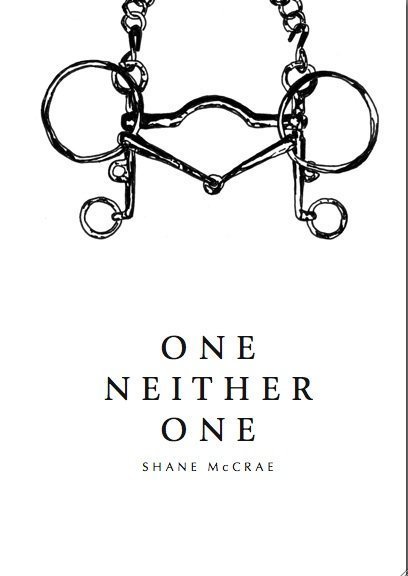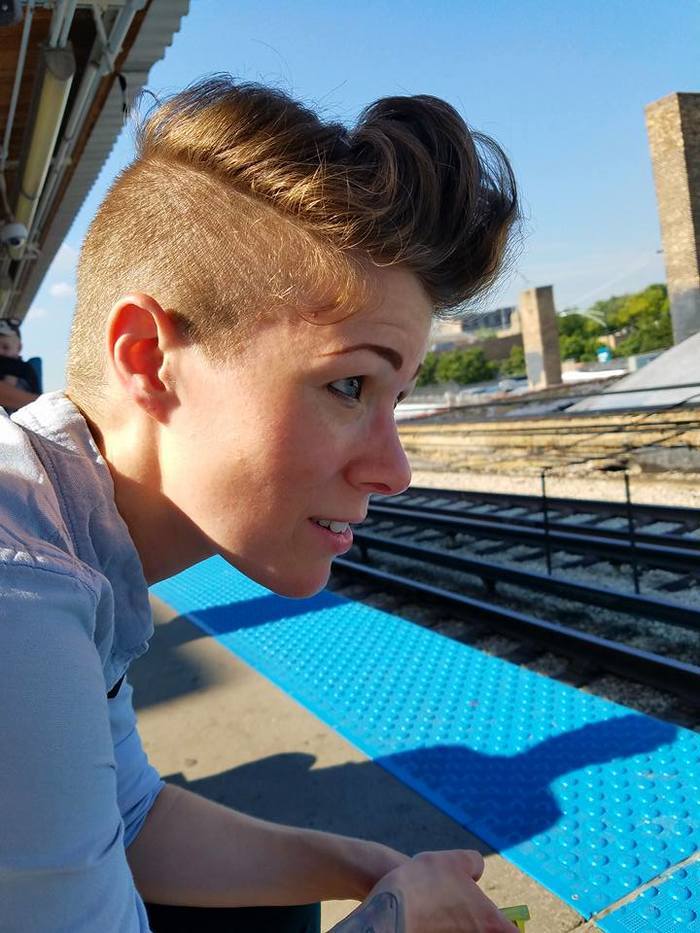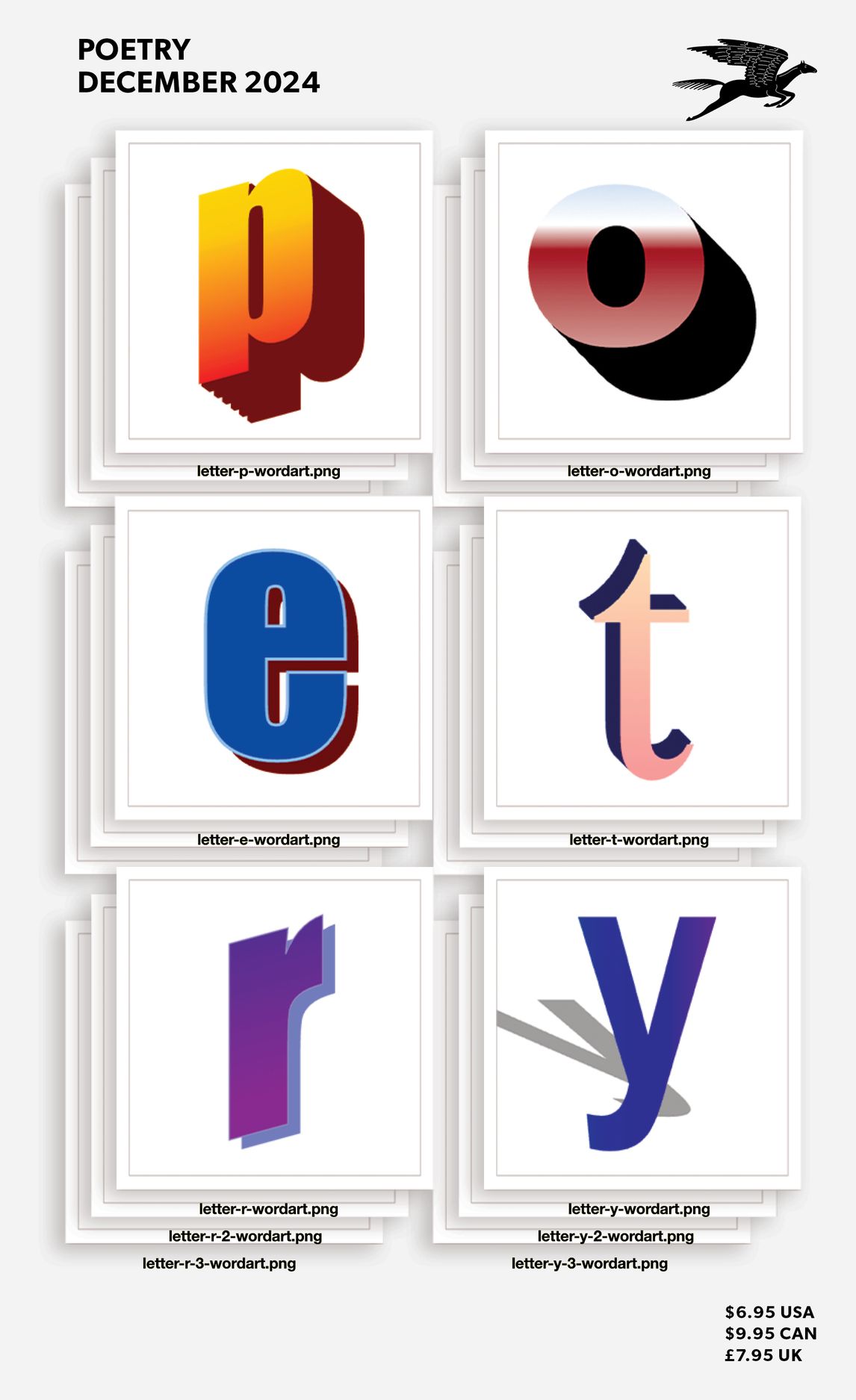
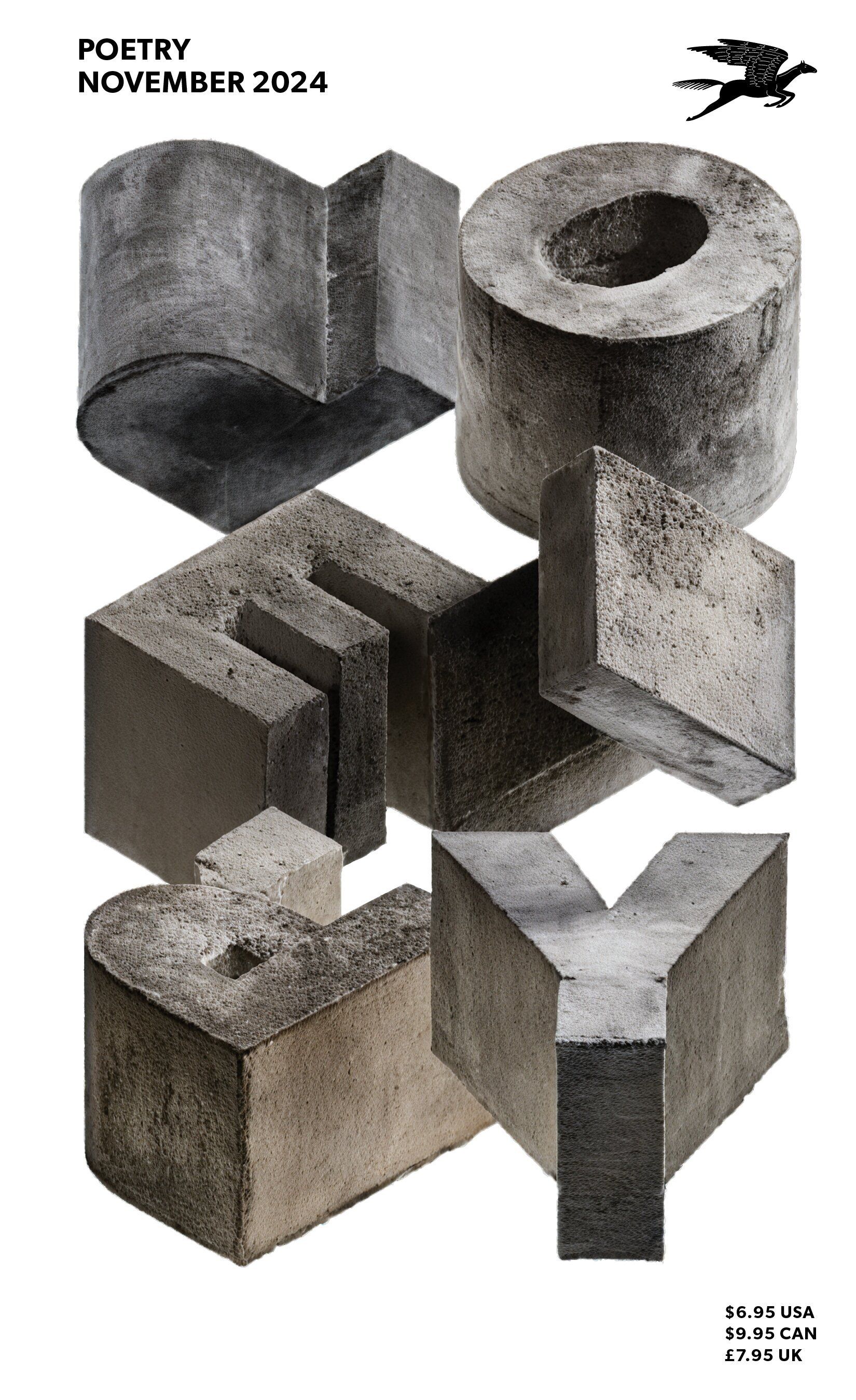
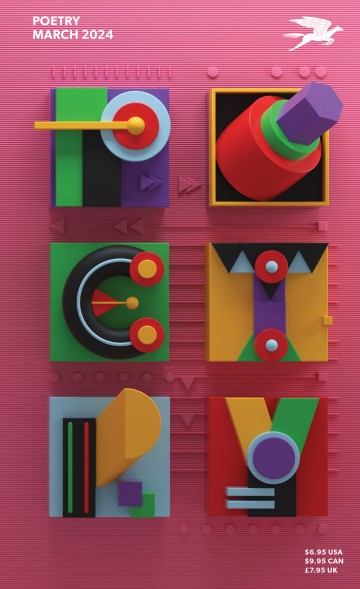
Books in series

Poetry Foundation Magazine, December 2024
2024

Poetry Foundation Magazine, November 2024
2024

Poetry Foundation Magazine, March 2024
2025
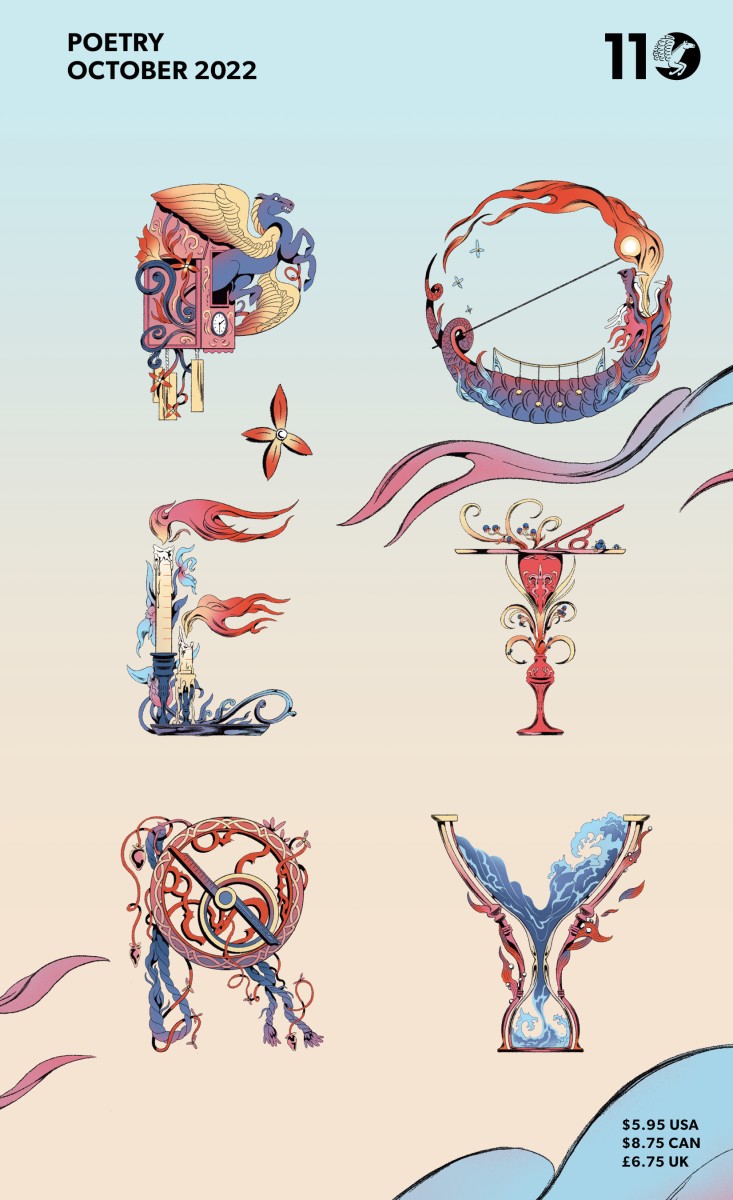
Poetry Foundation Magazine, October 2022
2022
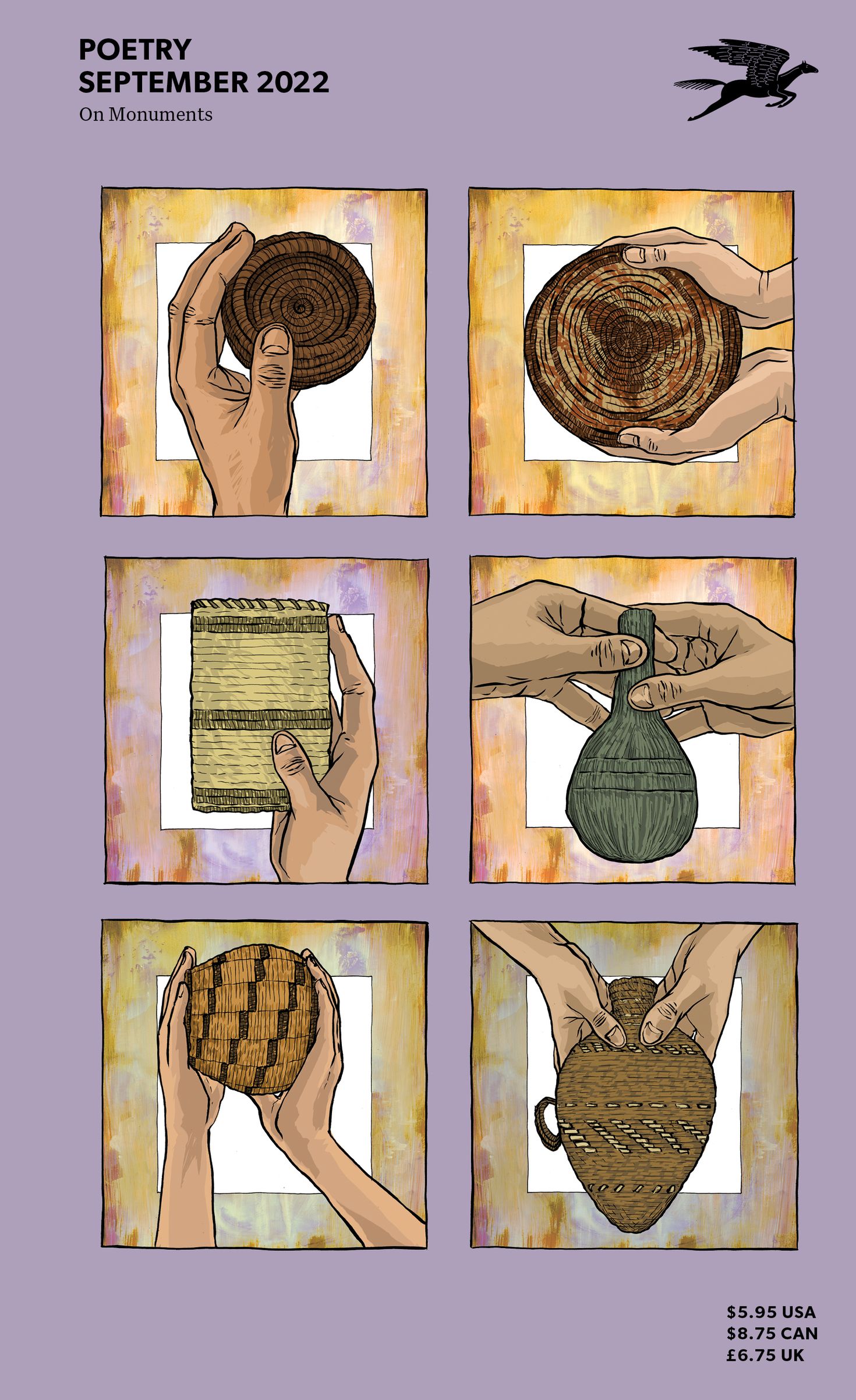
Poetry Magazine September 2022
2025
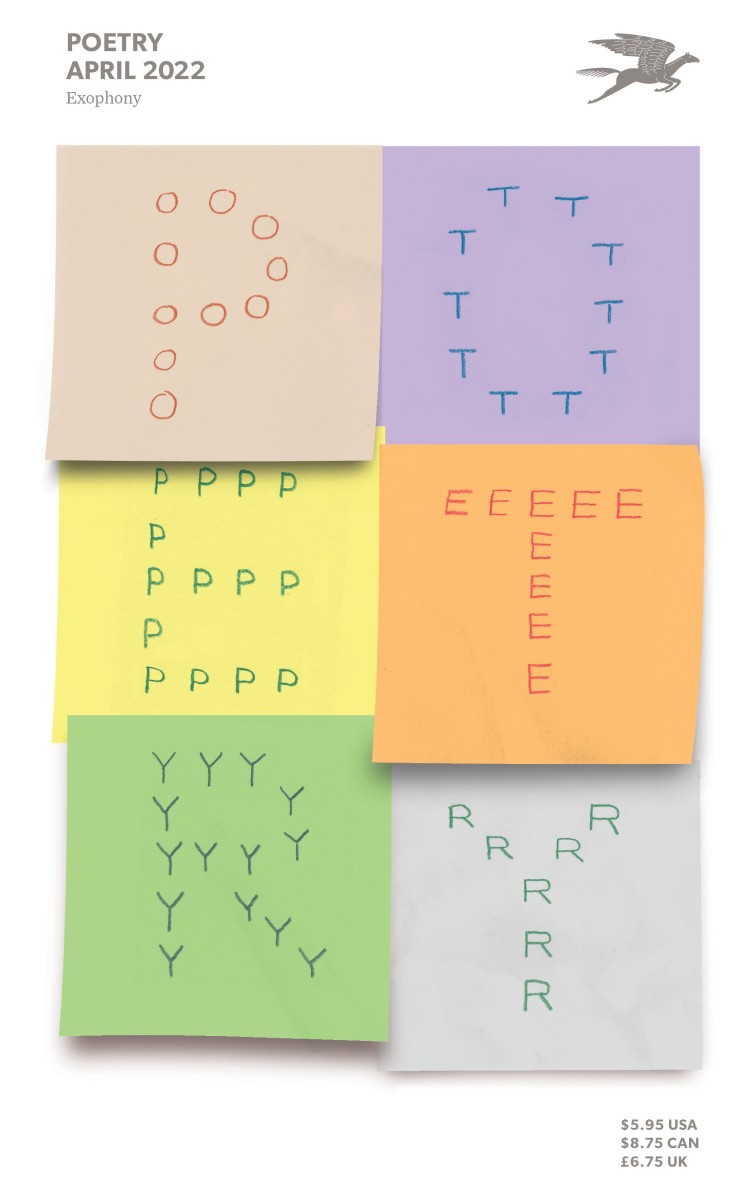
Poetry Magazine April 2022
2022
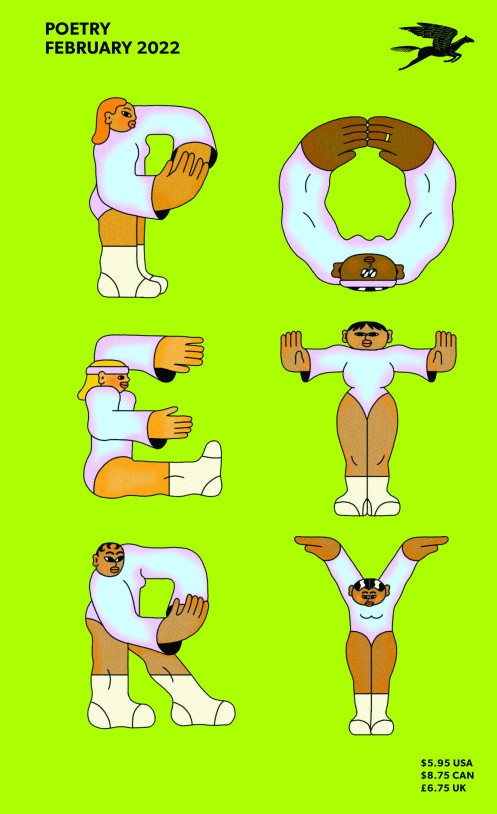
Poetry Magazine February 2022
2022

Poetry Magazine January 2022
2022

Poetry Magazine November 2021
2021

Poetry Magazine September 2021
2021

Poetry Magazine May 2021
2021

Poetry Magazine April 2021
2021

Poetry Magazine February 2021
2021

Poetry Foundation Magazine, December 2020
2020
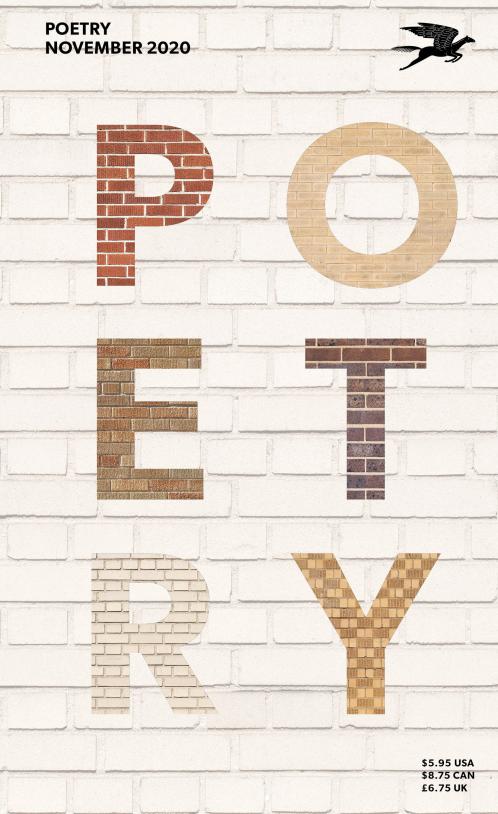
Poetry Foundation Magazine, November 2020
2020

Poetry Foundation Magazine, October 2020
2020

Poetry Foundation Magazine, June 2020
2020

Poetry Foundation Magazine, May 2020
2020

Poetry Foundation Magazine, April 2020
2020

Poetry Foundation Magazine, March 2020
2020

Poetry Foundation Magazine, February 2020
2020

Poetry Foundation Magazine, January 2020
2020

Poetry Foundation Magazine, December 2019
2019

Poetry Foundation Magazine, November 2019
2019

Poetry Foundation Magazine, October 2019
2019

Poetry Foundation Magazine, September 2019
2019
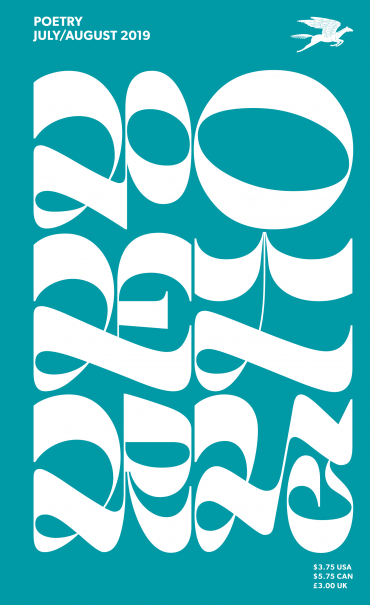
Poetry Foundation Magazine, July/August 2019
2019

Poetry Foundation Magazine, June 2019
2019

Poetry Foundation Magazine, May 2019
2019

Poetry Foundation Magazine, April 2019
2019

Poetry Foundation Magazine, March 2019
2019

Poetry Foundation Magazine, January 2019
2019

Poetry Foundation Magazine, November 2018
2018

Poetry Foundation Magazine, June 2018
2018

Poetry Foundation Magazine, May 2018
2018

Poetry Foundation Magazine, April 2018
2018

Poetry Foundation Magazine, March 2018
2018

Poetry Foundation Magazine, February 2018
2018

Poetry Magazine October 2017
2017

Poetry Magazine December 2016
2016

Poetry Magazine November 2016
2016

Poetry Foundation Magazine, October 2016
2016

Poetry Magazine September 2016
2016

Poetry Magazine July/August 2016
2016

Poetry Magazine June 2016
2016

Poetry Foundation Magazine, May 2016
2016

Poetry Foundation Magazine, April 2016
2016

Poetry Magazine February 2016
2016

Poetry Foundation Magazine, January 2016
2016

Poetry Magazine. December 2015
2015

Poetry Magazine November 2015
2015

Poetry Magazine June 2015
2015

Poetry Magazine May 2015
2015

Poetry Foundation Magazine, March 2015
2025

Poetry Magazine February 2015
2015

Poetry Magazine. January 2015
2015

Poetry Foundation Magazine, December 2014
2025
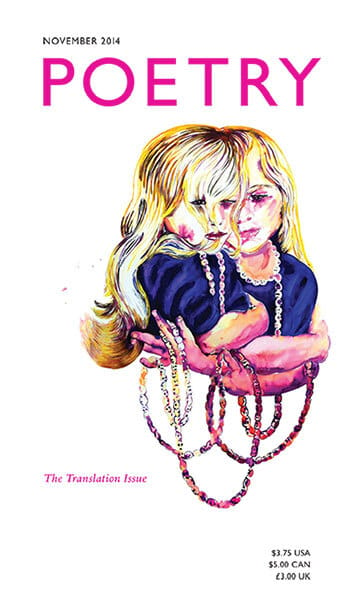
Poetry Magazine November 2014
2025

Poetry Foundation Magazine, October 2014
2014
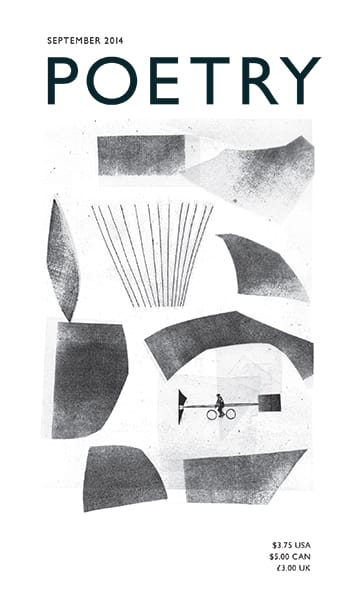
Poetry, September 2014. Volume CCIV, No. 5
2014
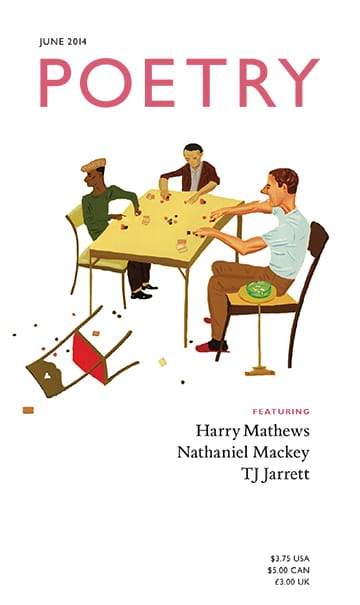
Poetry Magazine June 2014
2014
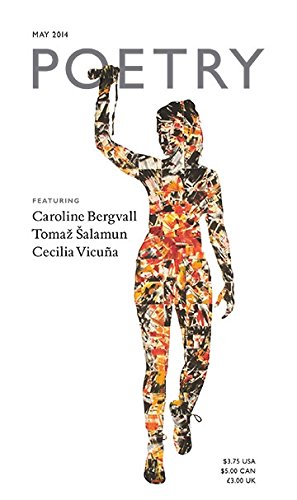
Poetry Magazine May 2014
2014

Poetry Magazine April 2014
2025
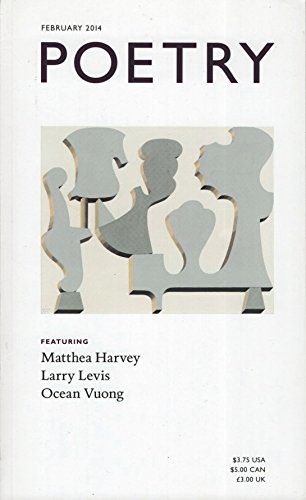
Poetry Magazine February 2014
2014
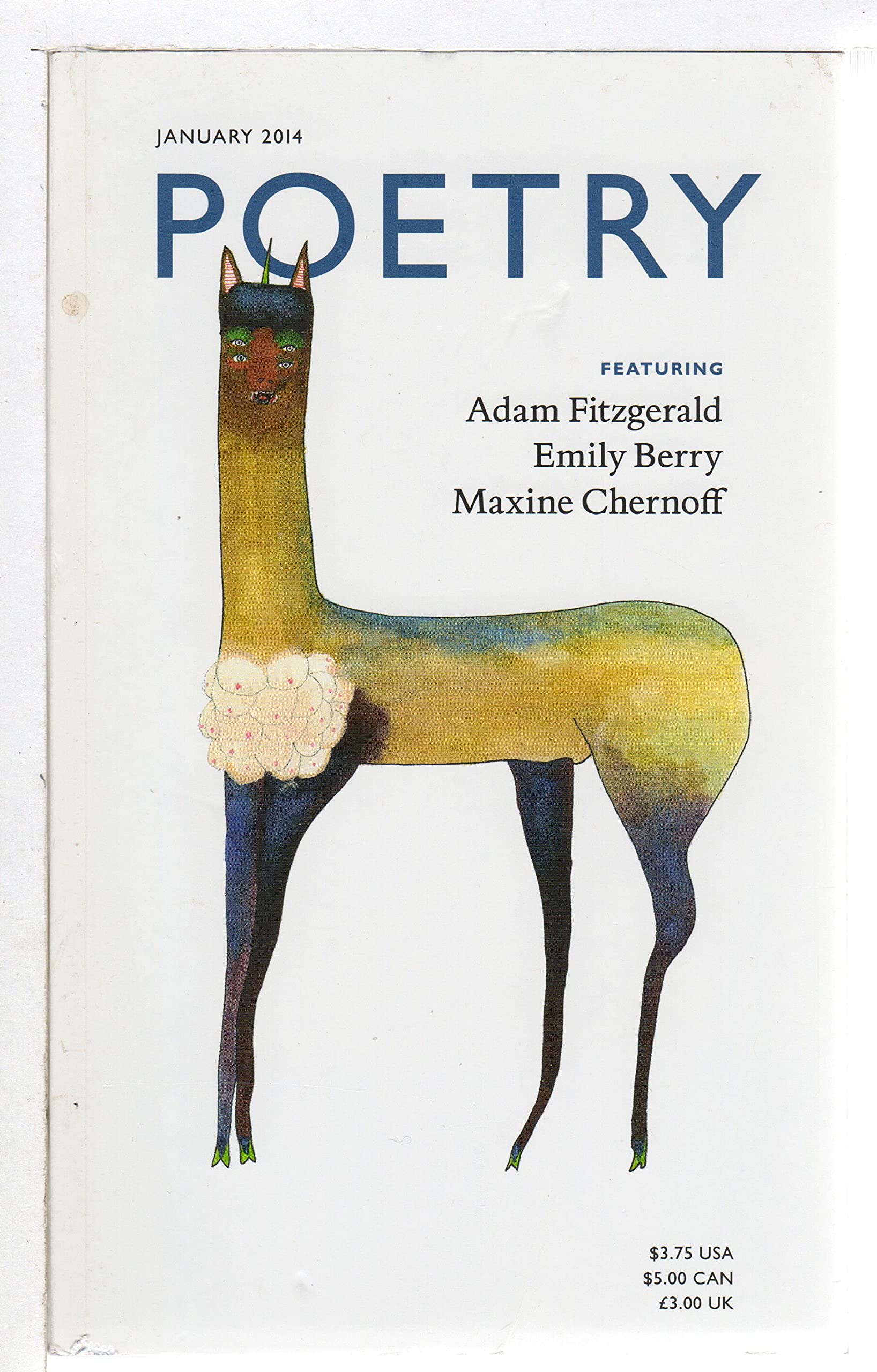
Poetry Magazine January 2014
2014

Poetry Magazine December 2013
2013

Poetry Magazine November 2013
2013

Poetry Magazine October 2013
2013

Poetry Magazine September 2013
2013
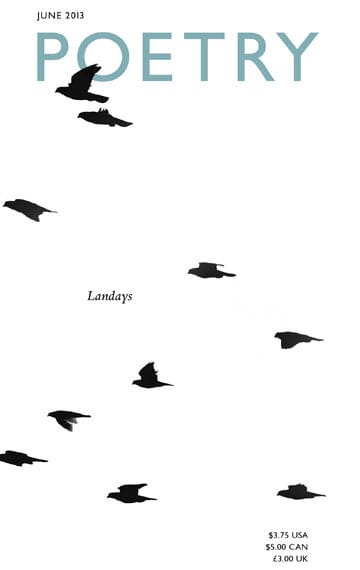
Poetry Magazine June 2013
2013
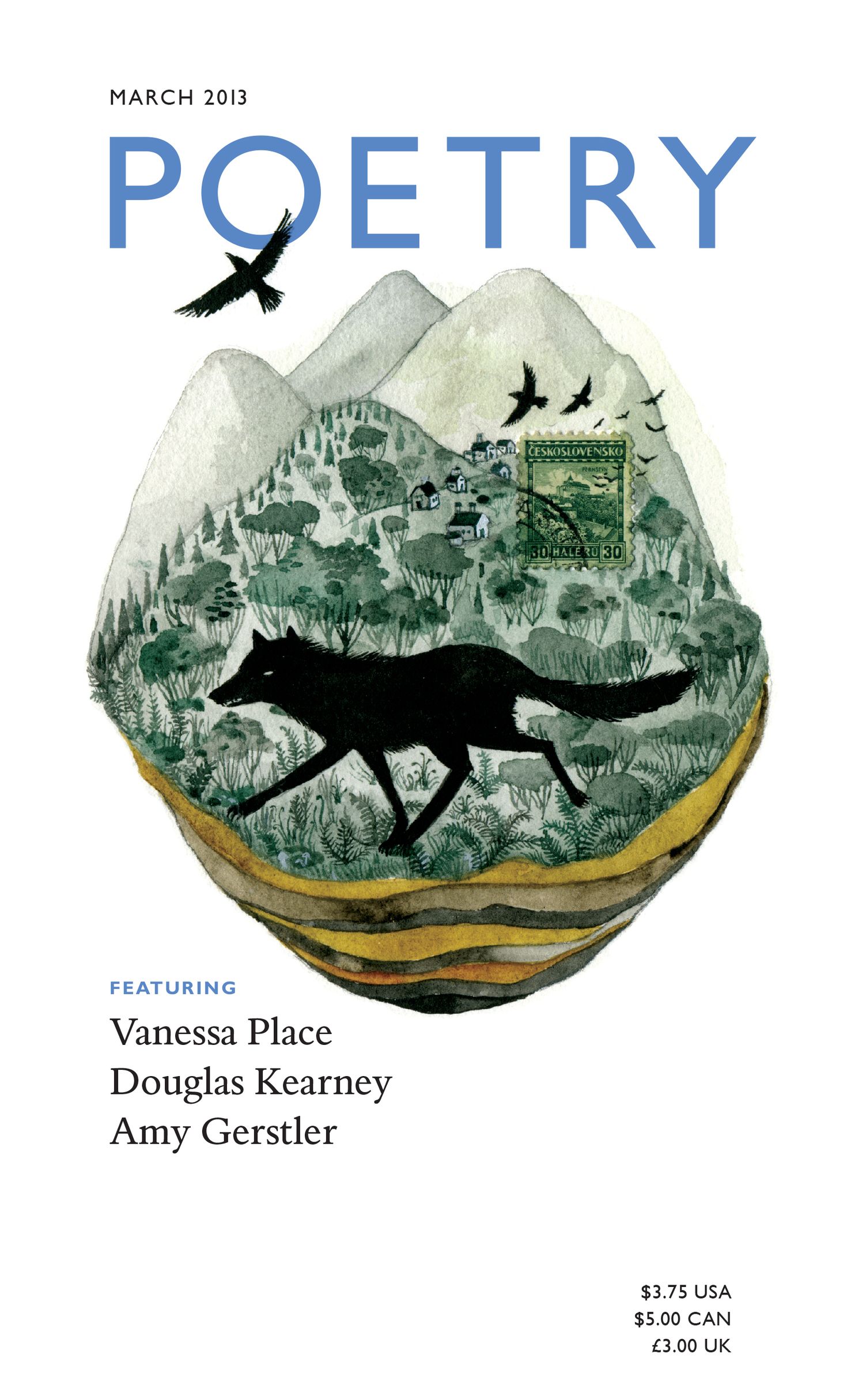
Poetry Magazine March 2013
2012

Poetry Magazine February 2013
2013

Poetry Magazine January 2013
2013

Poetry Magazine, 100 Years, The Q & A Issue, December 2012
2012
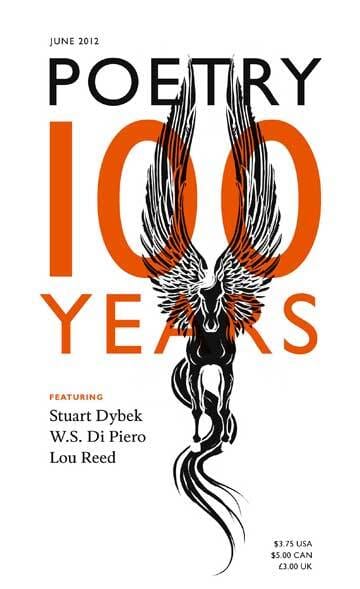
Poetry June 2012
2012
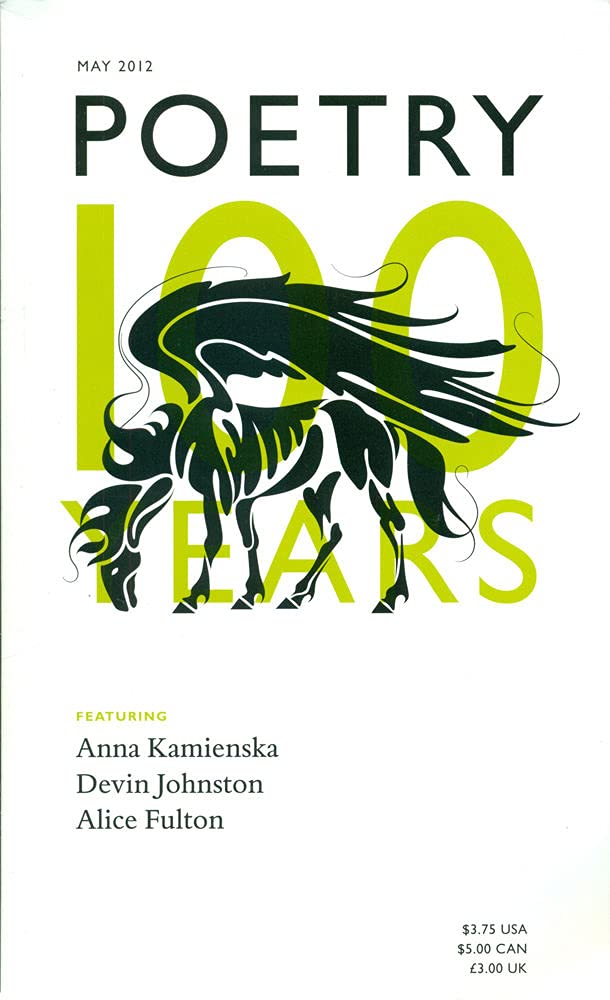
Poetry May 2012
2012

Poetry April 2012, Volume CC, Number I
2012

Poetry 100 Years (February 2012)
2012
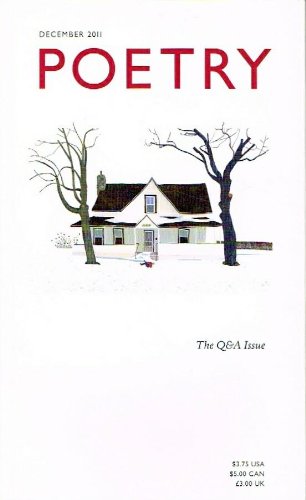
Poetry December 2011
2011
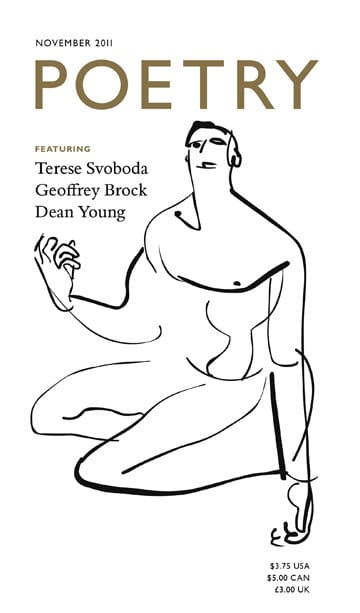
Poetry Magazine
2025
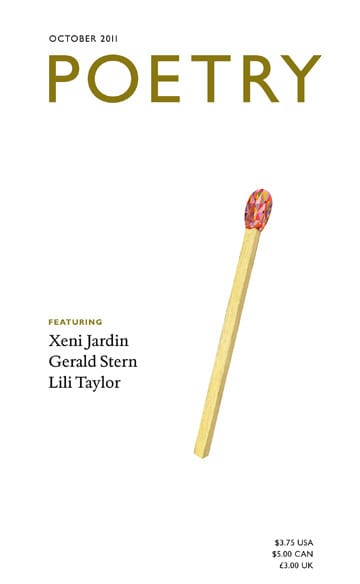
Poetry October 2011
2011
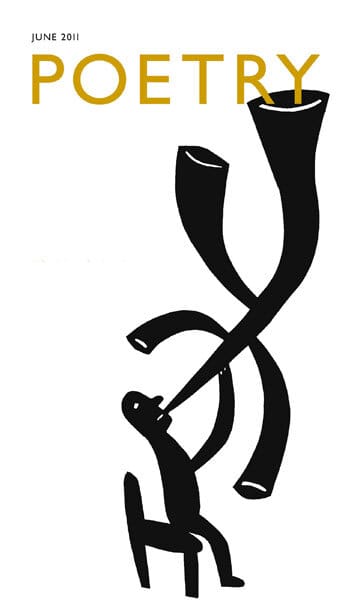
Poetry June 2011; The Tranlsation Issue
2011
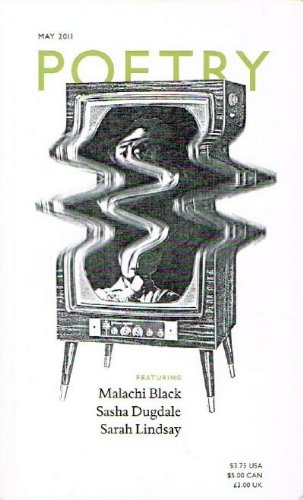
Poetry May 2011
2011
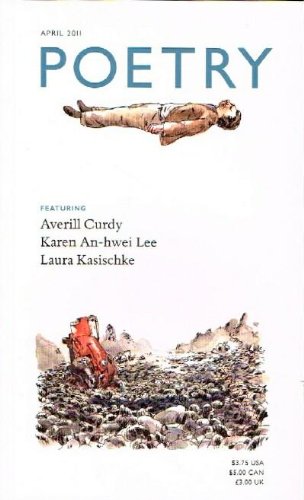
Poetry April 2011
2011

Poetry November 2011
2011
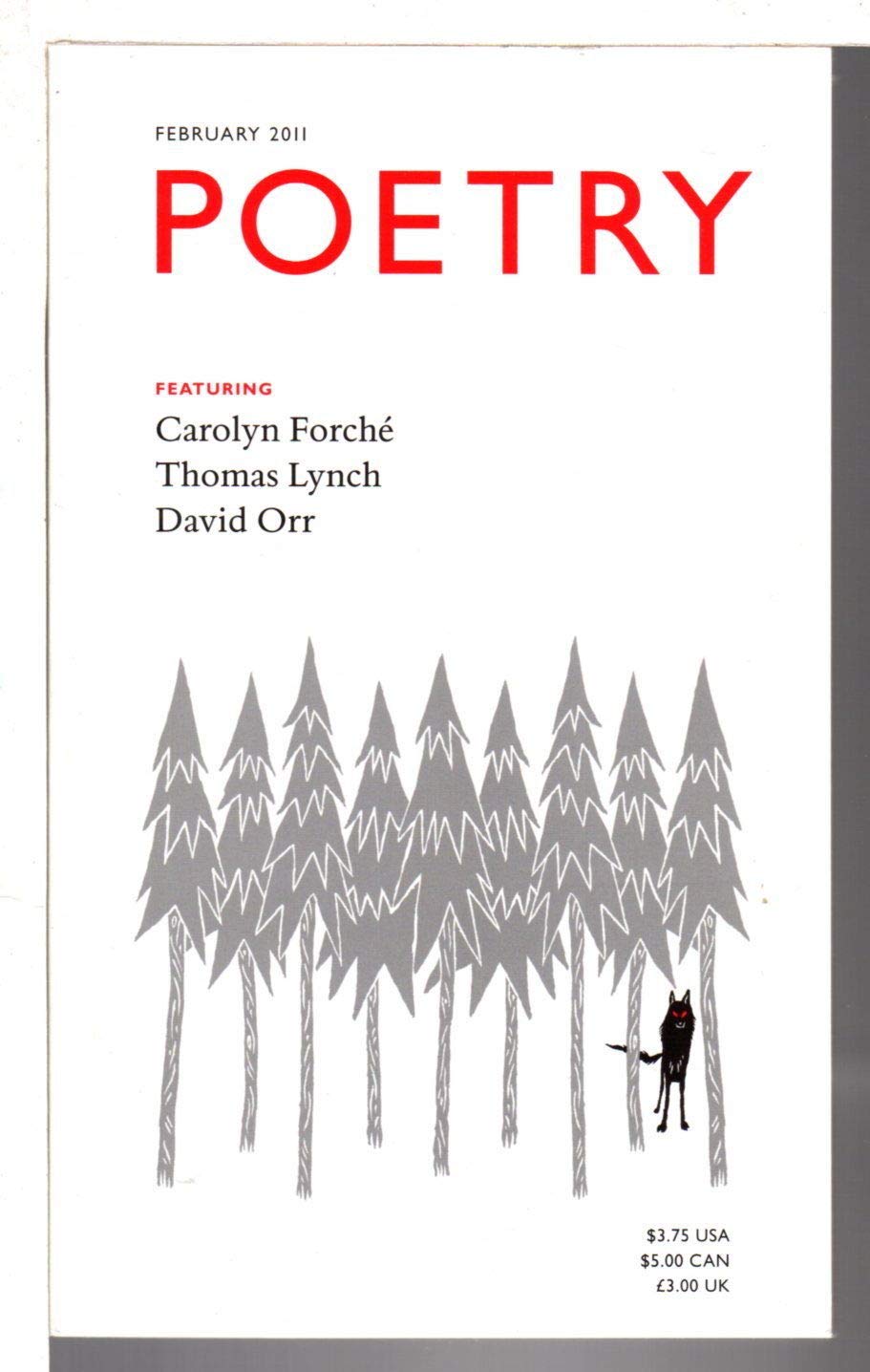
Poetry February 2011
2011

Poetry Foundation Magazine, January 2011
2011
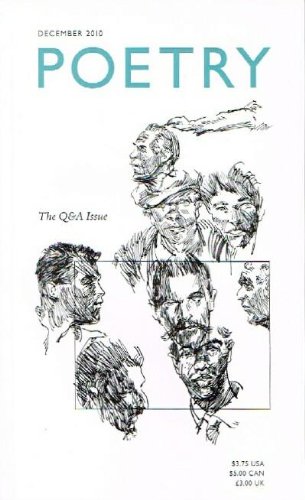
Poetry December 2010
2010
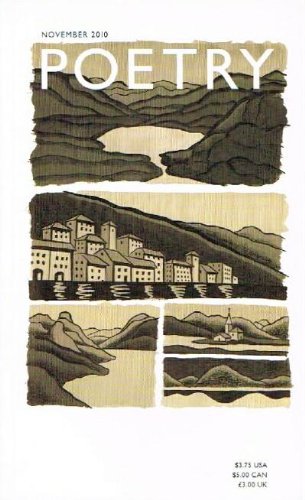
Poetry November 2010
2010
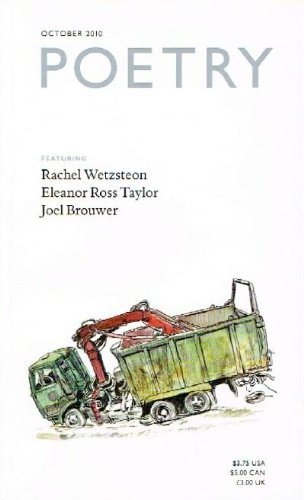
Poetry October 2010
2010
![POETRY VOLUME CXCVI [196] NUMBER 2 MAY 2010 book cover](https://images-na.ssl-images-amazon.com/images/S/compressed.photo.goodreads.com/books/1695996362i/136797771.jpg)
POETRY VOLUME CXCVI [196] NUMBER 2 MAY 2010
2010

Poetry Magazine February 2010
2010
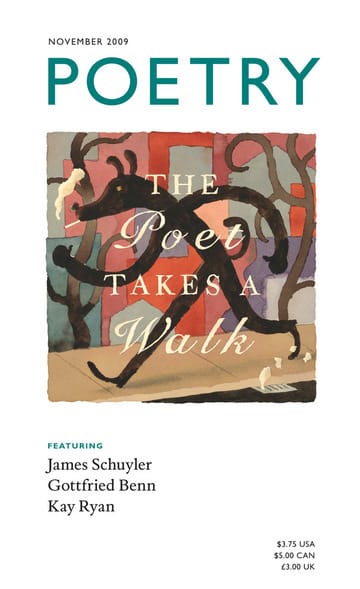
Poetry (November 2009), The Poet Takes a Walk
2009
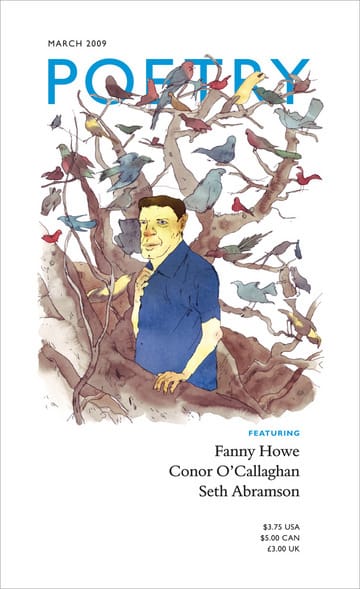
Poetry March 2009
2009
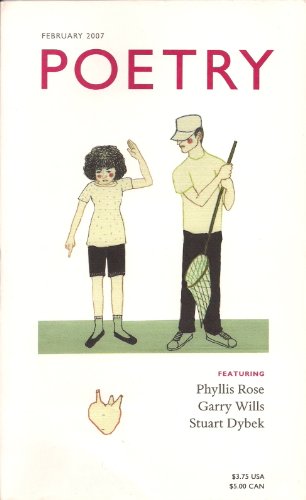
Poetry February 2007 - Volume !89, Number 5
2007
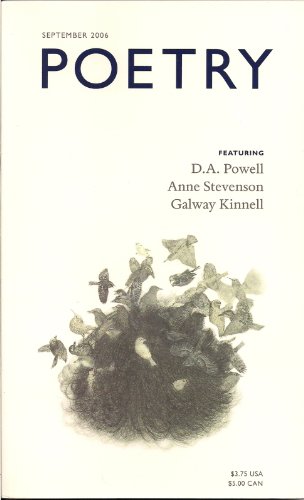
Poetry Magazine September 2006
2006
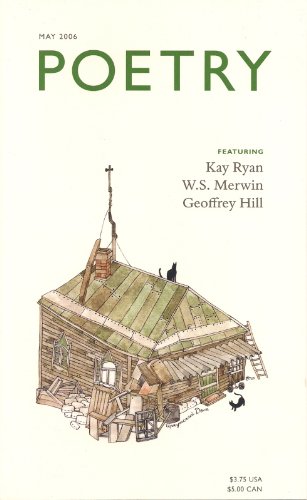
Poetry Magazine May 2006
2006
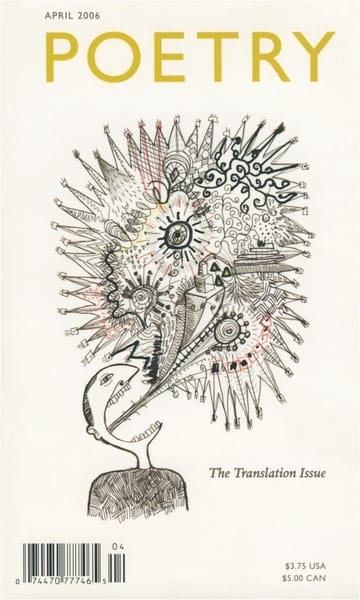
Poetry Magazine April 2006
2006
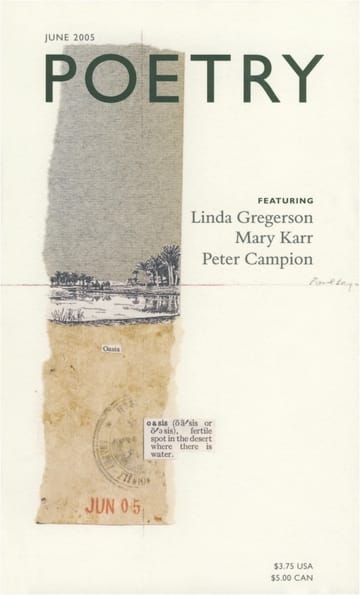
Poetry Magazine June 2005
2005
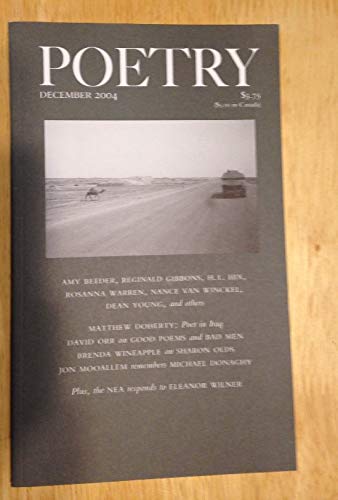
Poetry Volume CLXXXV Number 3 December 2004
2004
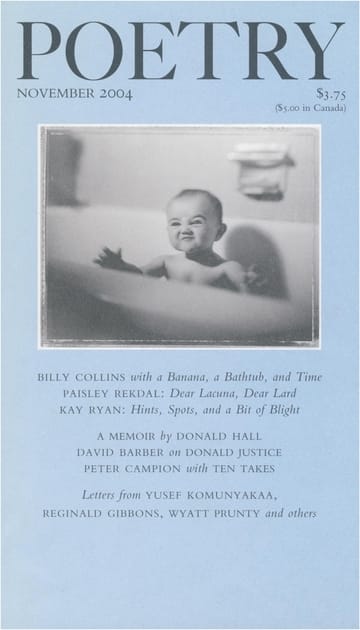
Poetry Magazine November 2004
2004
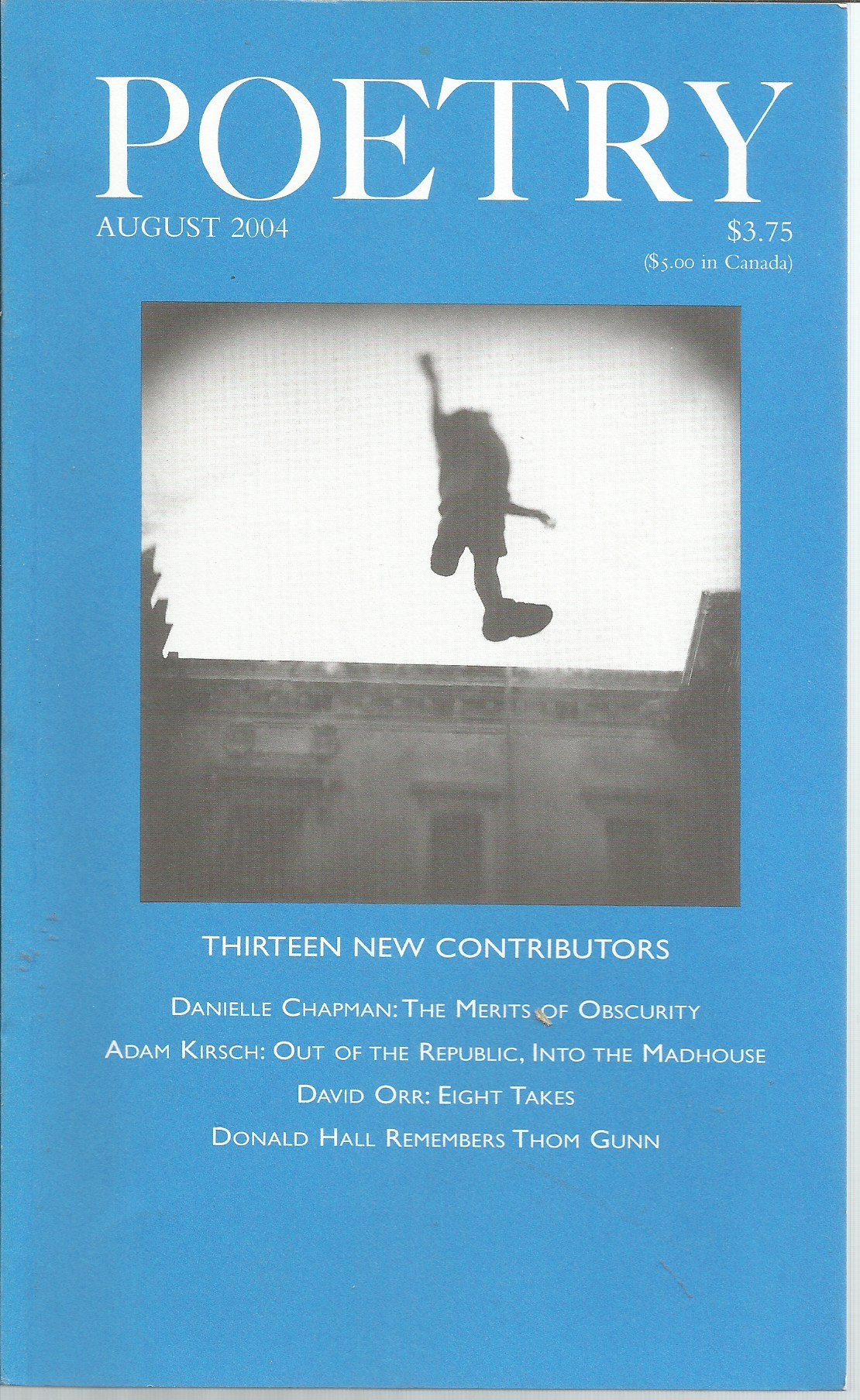
Poetry Magazine August 2004
2004

Poetry Magazine December 2003
2003
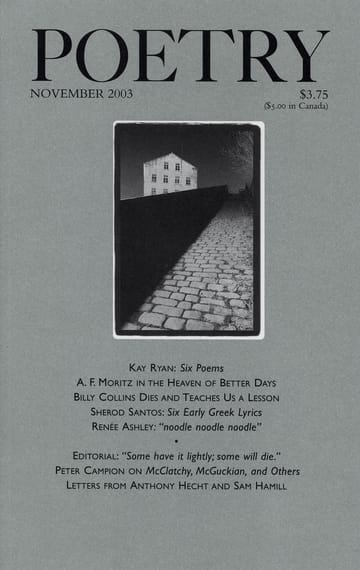
Poetry November 2003
2003

Poetry Magazine October 2003
2003
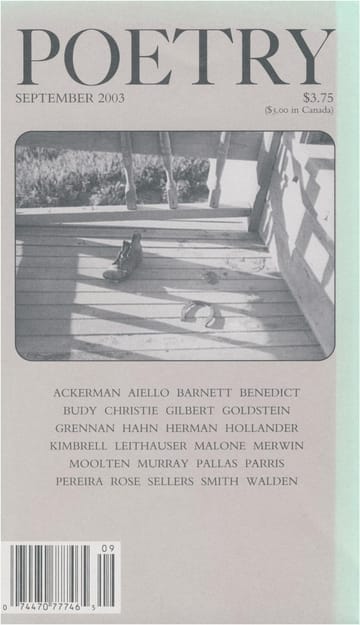
Poetry September 2003
2003
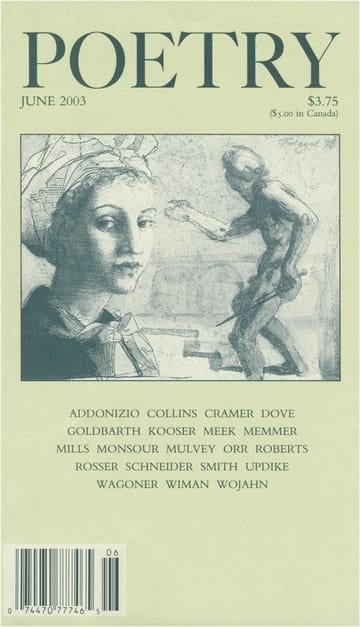
Poetry June 2003
2003
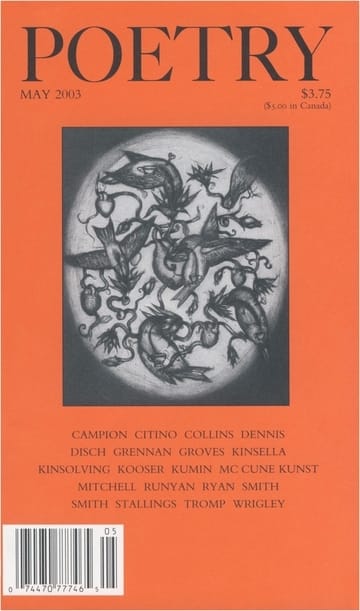
Poetry May 2003
2003
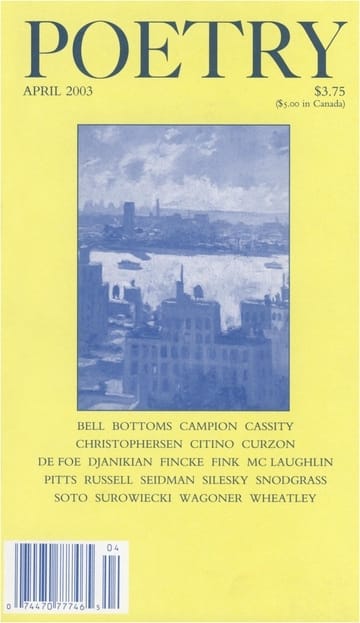
Poetry April 2003
2003
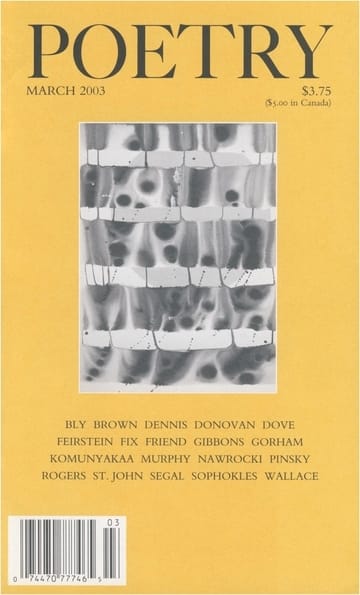
Poetry March 2003
2003
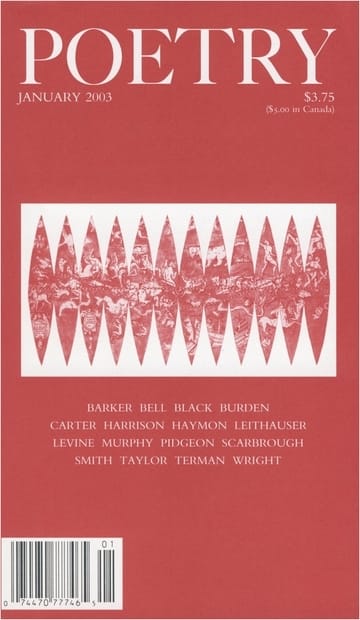
Poetry January 2003
2003
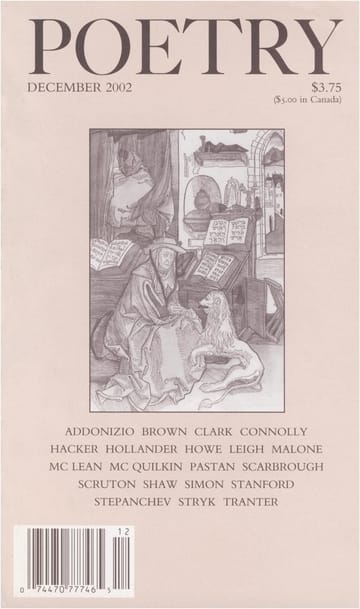
Poetry December 2002
2002
POETRY. September 2002. Volume CLXXX #6.
2002

Poetry August 2002
2002
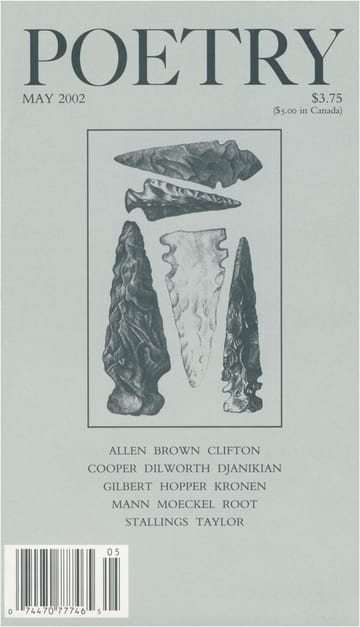
Poetry Magazine May 2002
2002
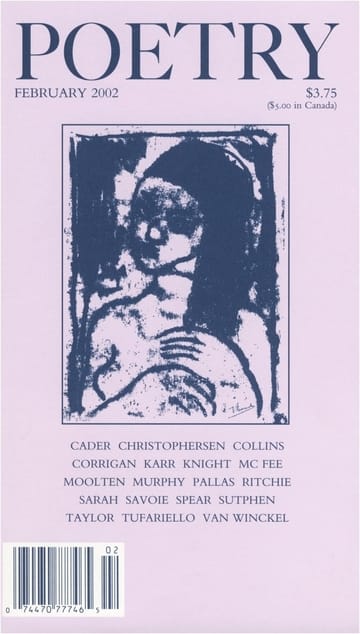
Poetry Magazine February 2002
2002

Poetry Magazine December 2000
2000
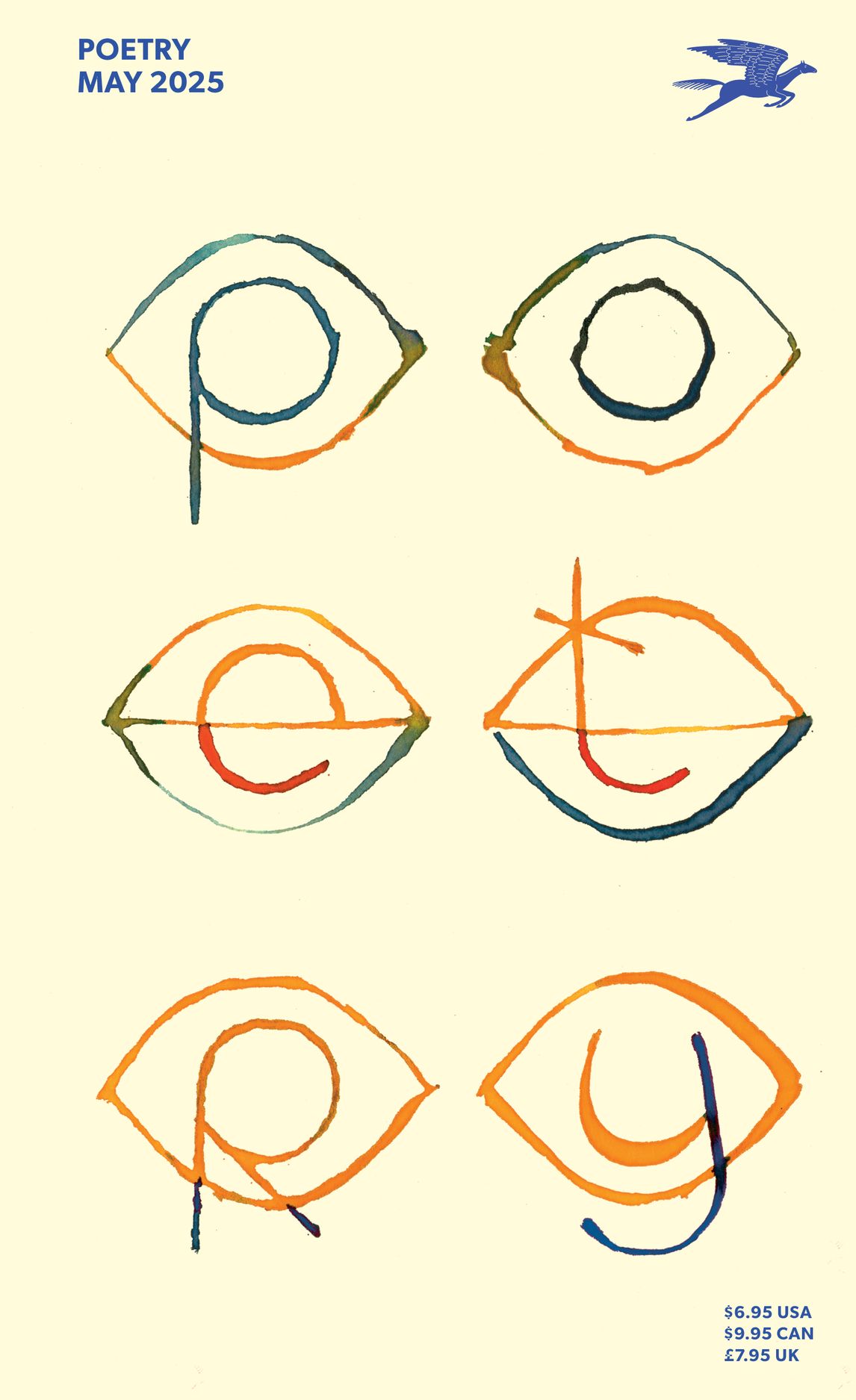
Poetry Foundation Magazine, May 2025
2025
Authors
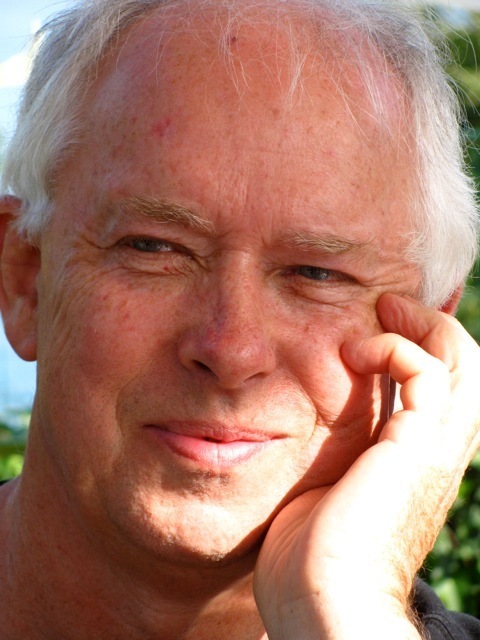
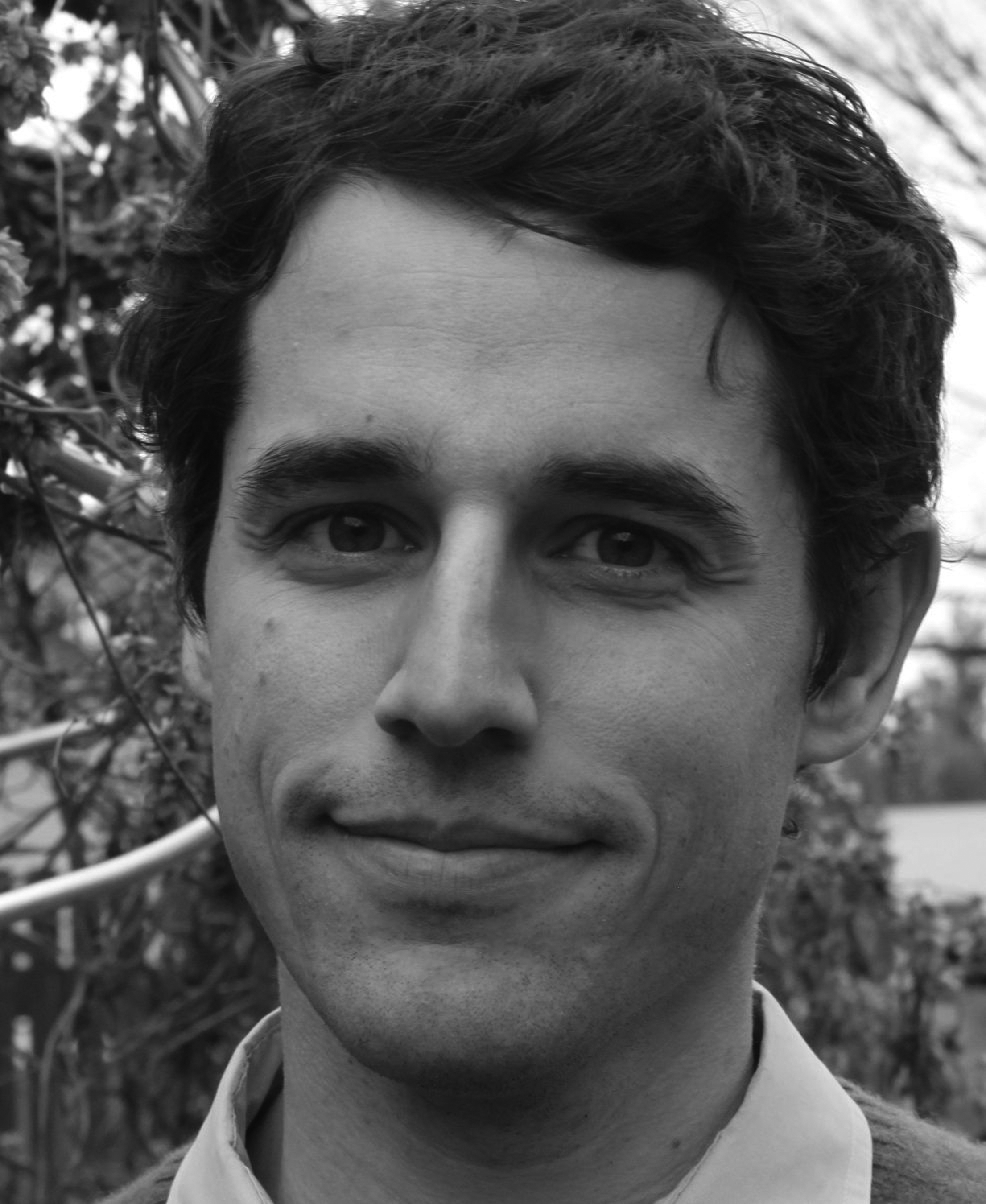
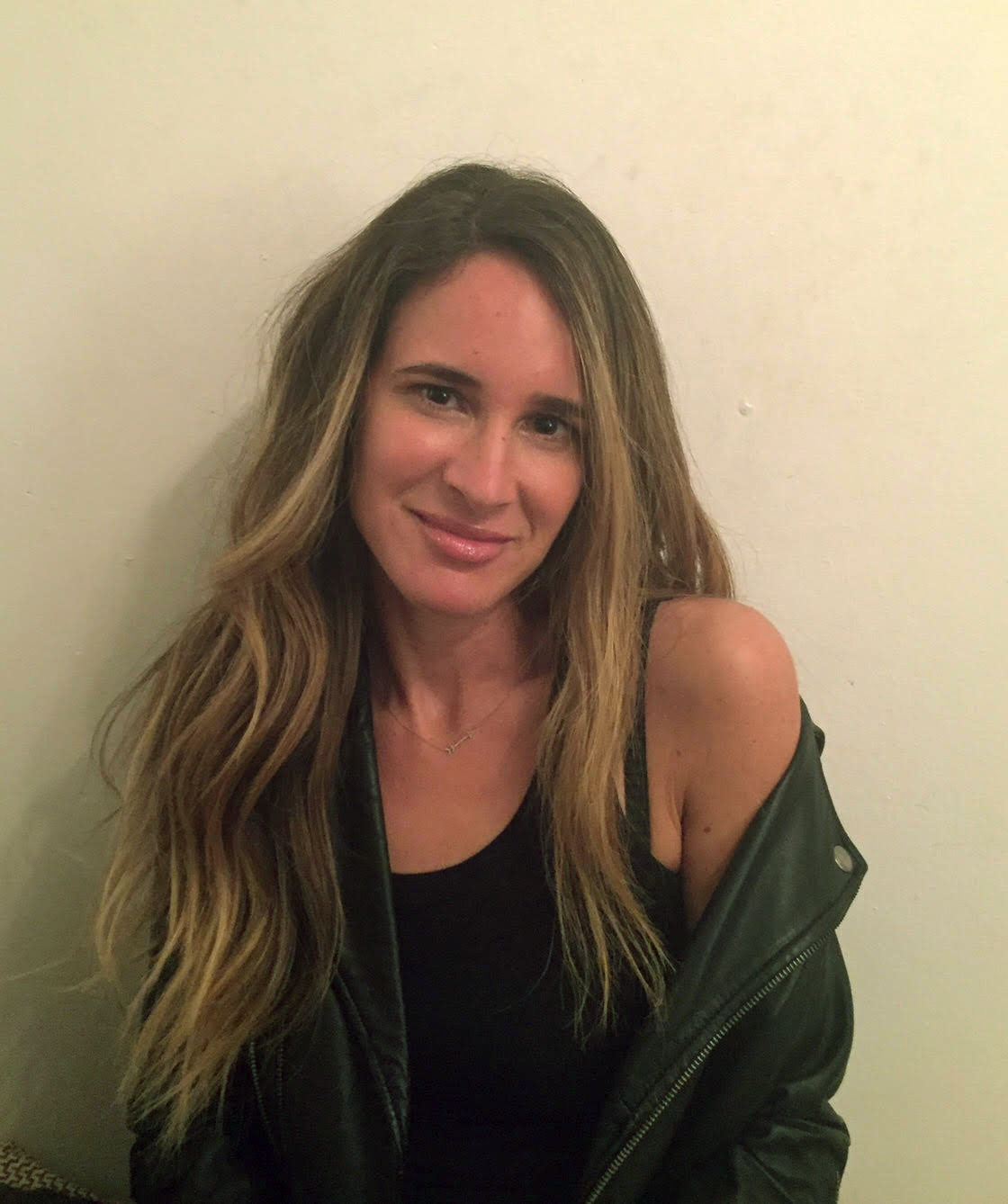
Melissa Broder is the author of the novels MILK FED and THE PISCES, the essay collection SO SAD TODAY, and five collections of poems including SUPERDOOM: Selected Poems and LAST SEXT. She lives in Los Angeles. www.melissabroder.com
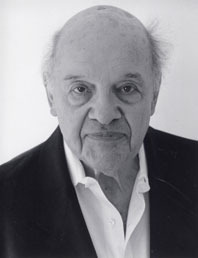


Liz Berry was born and lives in London. She worked in offices, magazines, politics and for a well-known examination body, before becoming a careers guidance advisor, helping young people plan their futures and finding employment opportunities for them. Then, for twenty-two years, she was Head of Art in an East London Comprehensive school. At the same time she started and ran the East London Gallery for four years Liz Berry is an artist in oils and mixed media. She also makes experimental embroidered textiles. She exhibits her work mainly in London and southeast England and sells her paintings through Gallery 41.
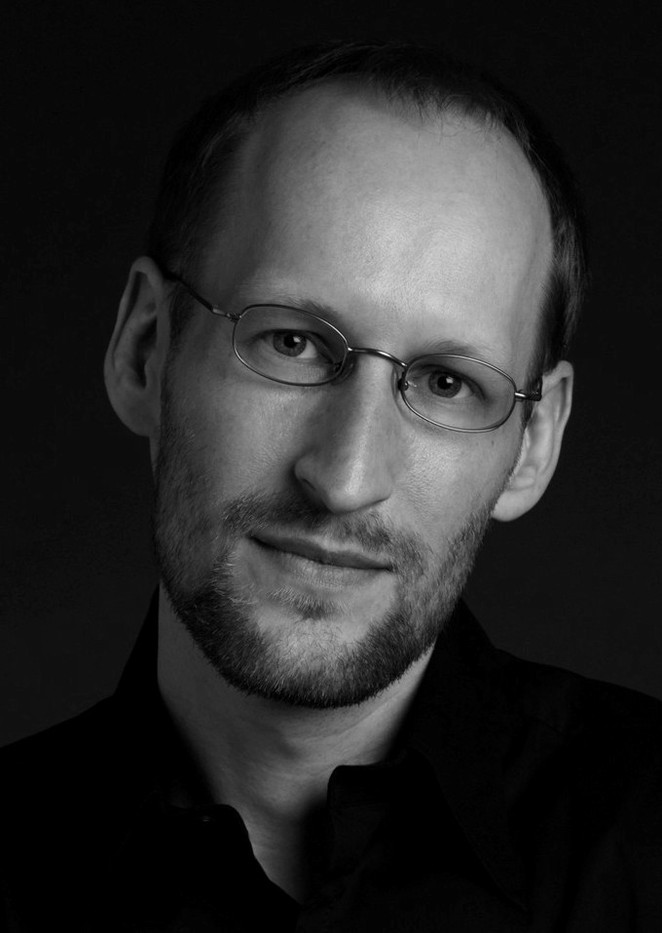
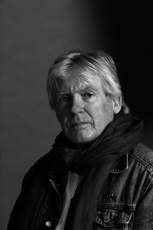
David Harsent is an English poet and TV scriptwriter. Harsent also writes crime fiction novels under the pseudonyms David Lawrence, David Pascoe and Jack Curtis. He has published eleven collections of poetry which have won several literary prizes and awards. Legion won the Forward Prize for best collection 2005 and was shortlisted for both the T.S. Eliot and Whitbread Awards. He lives with his wife, the actress Julia Watson and their daughter in London.
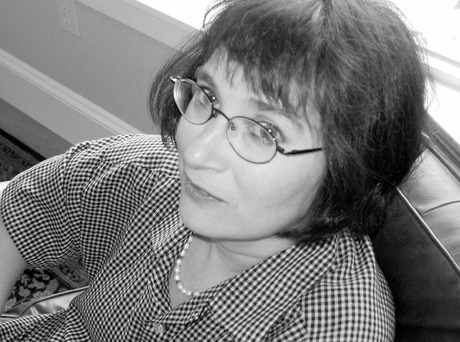

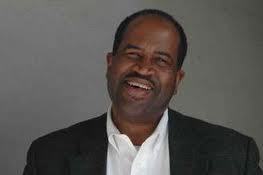
Afaa Michael Weaver was born Michael S. Weaver and grew up in East Baltimore, the son of a beautician and a steelworker. He entered the University of Maryland–College Park at the age of 16 and studied engineering for two years. He then joined the Army Reserves and worked alongside his father at the Bethlehem Steel mill. His firstborn son died at 10 months of complications from Down syndrome. Weaver worked at the mill and, later, a factory for a total of 15 years, writing poetry on coffee breaks, before publishing his first collection, Water Song (1985). It is a time he describes as a literary apprenticeship, during which he founded 7th Son Press and the journal Blind Alleys. He then earned an MA in theater and playwriting from Brown University, concurrent with a BA from Excelsior College. Influenced by Langston Hughes, Gwendolyn Brooks, Michael Harper, and Jay Wright, Weaver writes poetry that engages the intersection of contemporary African American culture, the African American literary tradition, and the technical constraints of contemporary Chinese poetry. “He explores and rethinks questions of identity. Over the years, he has listened to a chorus of other voices, the inflections of the past, as they have come together to shape and enlarge his own distinctive, musical voice,” Ed Hirsch observed of Weaver’s Timber and Prayer (1995). Weaver’s numerous collections of poetry include The Plum Flower Dance: Poems 1985 to 2005 (2007). He edited the anthology These Hands I Know: African-American Writers on Family (2002), and co-edited Gathering Voices (1985) with James Taylor and David Beaudouin. Weaver has been awarded a Pushcart Prize and grants from the National Endowment for the Arts, the Pew Foundation, and the Pennsylvania Council on the Arts. He was a Poet-in-Residence at Bucknell University’s Stadler Center and taught as a Fulbright Fellow at National Taiwan University. Among Weaver’s achievements is his invention of a new poetic form, “The Bop,” which he created during a Cave Canem summer retreat. He has taught at Rutgers University, Cave Canem, and Simmons College, where he co-founded the Zora Neale Hurston Literary Center and launched the International Chinese Poetry Conference. In 1997, to mark his release from the weight of grief that he had carried since the death of his first son, Weaver chose a new name, Afaa, meaning “oracle,” with the help of Nigerian playwright Osonye Tess Onwueme.
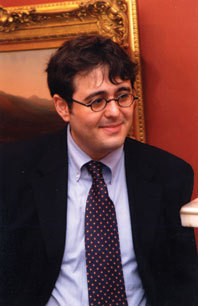


Fiona Ruth Sampson, MBE is an English poet and writer. She is published in thirty-seven languages and has received a number of national and international awards for her writing. Sampson was educated at the Royal Academy of Music, and following a brief career as a concert violinist, studied at Oxford University, where she won the Newdigate Prize. She gained a PhD in the philosophy of language from Radboud University Nijmegen in the Netherlands. She advises internationally on creative writing in healthcare, a field whose development she pioneered in a number of projects and publications. As a young poet she was the founder-director of Poetryfest – the Aberystwyth International Poetry Festival and the founding editor of Orient Express, a journal of contemporary writing from Europe. She has received a number of international writers' fellowships: I.A. Literary Association, Skojcan, Slovenia, 2015, Greek Writers’ Union Writers’ and Translators’ House, Paros, 2011, Estonian Writers’ Union House, Kasmu, 2009, Heinrich Boll House, Achill Island, 2005, Fundacion Valparaiso, Spain, 2002, Hawthornden Castle, 2001, Fondacion da Casa de Mateus, Portugal, 2001. She held an Arts and Humanities Research Council Fellowship at Oxford Brookes University 2002-5, a CAPITAL Fellowship in Creativity at the University of Warwick 2007-8 and a Visiting Research Fellow at the School of Advanced Study, University of London, Institute of Musical Research & Institute of English Studies: 2012-15. From 2005-12, Sampson was the editor of Poetry Review, the oldest and most widely read poetry journal in the UK. She was the first woman editor of the journal since Muriel Spark (1947–49). In January 2013 she founded Poem, a quarterly international review, published by the University of Roehampton, where Sampson is Professor of Poetry and the Director of Roehampton Poetry Centre. She lives in Herefordshire.
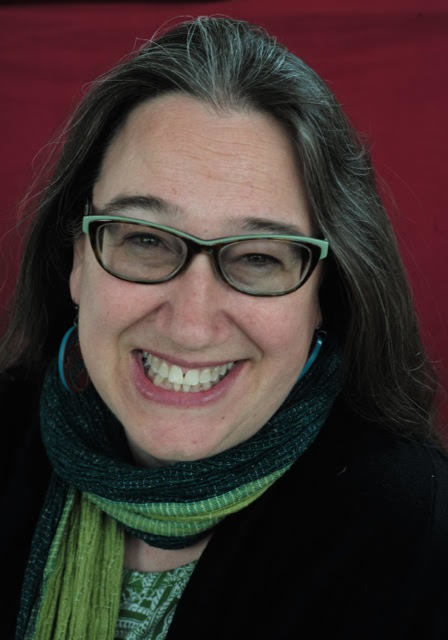
Heid E. Erdrich writes and publishes poetry and non-fiction. Her NEW book of poems, Cell Traffic, a new and selected from University of Arizona Press, IS NOW AVAILABLE. Please consider buying it from www.birchbarkbooks.com Heid's most recent book of poems, National Monuments from Michigan State University Press, won the 2009 Minnesota Book Award. Heid Erdrich teaches writing workshops, often as a guest at various colleges and universities. Each year she leads the Turtle Mountain Writers Workshop on her home reservation in North Dakota. Heid also works with American Indian visual artists as a curator and arts advocate. Author of the play "Curiosities," she collaborates broadly on multi-discilinary performances of other artists as well. Founder of Wiigwaas Press, along with her sister Louise Erdrich and poet James Cihlar, Heid continues to publish Ojibwe language books in an effort to assist in indigenous language revitalization work.

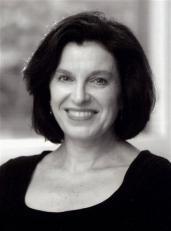
Born and raised in Chatham, Virginia, Claudia Emerson studied writing at the University of North Carolina, Greensboro. Her poetry, steeped in the Southern Narrative tradition, bears the influences of Ellen Bryant Voigt, Betty Adcock, and William Faulkner. Of the collection Late Wife (2005), poet Deborah Pope observed, “Like the estranged lover in one of her poems who pitches horseshoes in the dark with preternatural precision, so Emerson sends her words into a different kind of darkness with steely exactness, their arc of perception over and over striking true.” Emerson’s volumes of poetry include Pharaoh, Pharaoh (1997); Pinion: An Elegy (2002); Late Wife (2005), which won the Pulitzer Prize; Figure Studies (2008); and Secure the Shadow (2012). Her honors include two additional Pulitzer Prize nominations as well as fellowships from the Library of Congress, the Virginia Commission for the Arts, and the National Endowment for the Arts. In 2008 she was appointed poet laureate of Virginia, a two-year role. Emerson was poetry editor for the Greensboro Review and a contributing editor for Shenandoah. She taught at Washington and Lee University, Randolph-Macon Women’s College, and the University of Mary Washington. She died in 2014. From The Poetry Foundation website. http://www.poetryfoundation.org/bio/c...

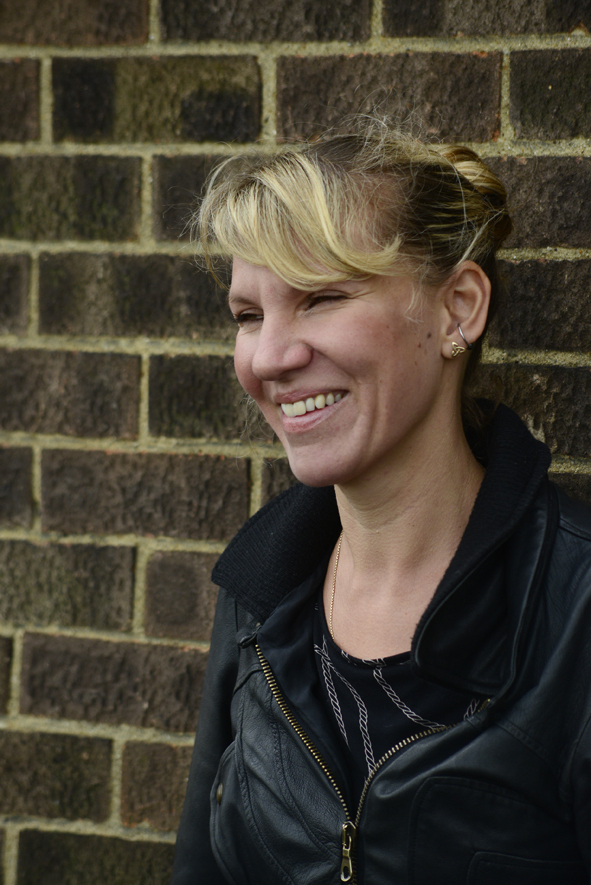
Hannah Lowe is one of a generation of younger poets whose work celebrates the multicultural life of London and its environs in the eighties and nineties. She writes with a strong sense of place, voice, and emotional subtlety. Lowe was born to an English mother and a Chinese/Jamaican father. She got her BA in American Literature at the University of Sussex, has a Masters degree in Refugee Studies, and is currently working towards a PhD in creative writing.

Bertolt Brecht (born Eugen Berthold Friedrich Brecht) was a German poet, playwright, and theatre director. A seminal theatre practitioner of the twentieth century, Brecht made equally significant contributions to dramaturgy and theatrical production, the latter particularly through the seismic impact of the tours undertaken by the Berliner Ensemble—the post-war theatre company operated by Brecht and his wife and long-time collaborator, the actress Helene Weigel—with its internationally acclaimed productions. From his late twenties Brecht remained a life-long committed Marxist who, in developing the combined theory and practice of his 'epic theatre', synthesized and extended the experiments of Piscator and Meyerhold to explore the theatre as a forum for political ideas and the creation of a critical aesthetics of dialectical materialism. Brecht's modernist concern with drama-as-a-medium led to his refinement of the 'epic form' of the drama (which constitutes that medium's rendering of 'autonomization' or the 'non-organic work of art'—related in kind to the strategy of divergent chapters in Joyce's novel Ulysses, to Eisenstein's evolution of a constructivist 'montage' in the cinema, and to Picasso's introduction of cubist 'collage' in the visual arts). In contrast to many other avant-garde approaches, however, Brecht had no desire to destroy art as an institution; rather, he hoped to 're-function' the apparatus of theatrical production to a new social use. In this regard he was a vital participant in the aesthetic debates of his era—particularly over the 'high art/popular culture' dichotomy—vying with the likes of Adorno, Lukács, Bloch, and developing a close friendship with Benjamin. Brechtian theatre articulated popular themes and forms with avant-garde formal experimentation to create a modernist realism that stood in sharp contrast both to its psychological and socialist varieties. "Brecht's work is the most important and original in European drama since Ibsen and Strindberg," Raymond Williams argues, while Peter Bürger insists that he is "the most important materialist writer of our time." As Jameson among others has stressed, "Brecht is also ‘Brecht’"—collective and collaborative working methods were inherent to his approach. This 'Brecht' was a collective subject that "certainly seemed to have a distinctive style (the one we now call 'Brechtian') but was no longer personal in the bourgeois or individualistic sense." During the course of his career, Brecht sustained many long-lasting creative relationships with other writers, composers, scenographers, directors, dramaturgs and actors; the list includes: Elisabeth Hauptmann, Margarete Steffin, Ruth Berlau, Slatan Dudow, Kurt Weill, Hanns Eisler, Paul Dessau, Caspar Neher, Teo Otto, Karl von Appen, Ernst Busch, Lotte Lenya, Peter Lorre, Therese Giehse, Angelika Hurwicz, and Helene Weigel herself. This is "theatre as collective experiment [...] as something radically different from theatre as expression or as experience." There are few areas of modern theatrical culture that have not felt the impact or influence of Brecht's ideas and practices; dramatists and directors in whom one may trace a clear Brechtian legacy include: Dario Fo, Augusto Boal, Joan Littlewood, Peter Brook, Peter Weiss, Heiner Müller, Pina Bausch, Tony Kushner and Caryl Churchill. In addition to the theatre, Brechtian theories and techniques have exerted considerable sway over certain strands of film theory and cinematic practice; Brecht's influence may be detected in the films of Joseph Losey, Jean-Luc Godard, Lindsay Anderson, Rainer Werner Fassbinder, Nagisa Oshima, Ritwik Ghatak, Lars von Trier, Jan Bucquoy and Hal Hartley. During the war years, Brecht became a prominent writer of the Exilliteratur. He expressed his opposition to the National Socialist and Fascist movements in his most famous plays.
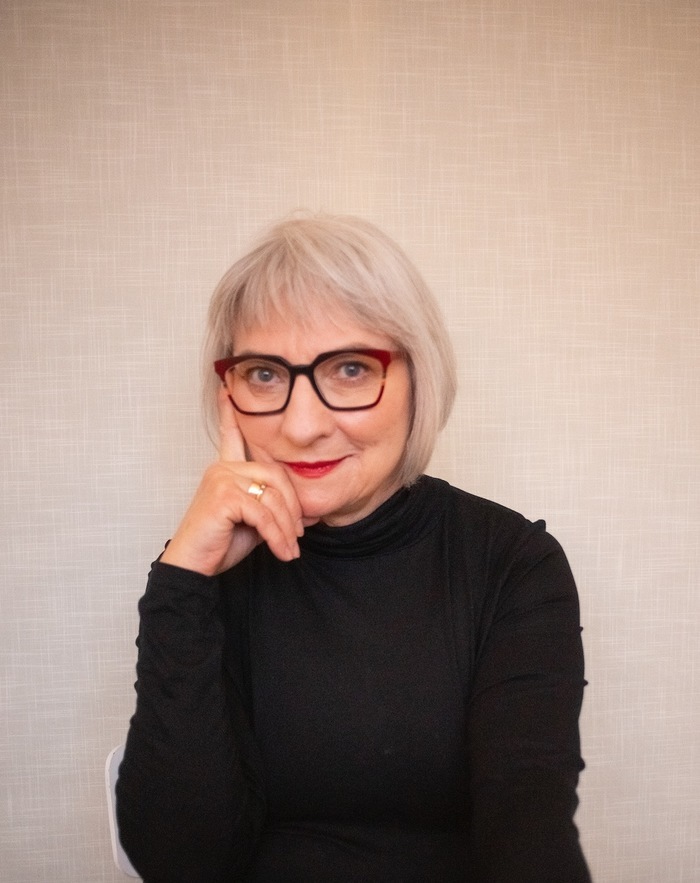
Molly Peacock is a widely anthologized poet, biographer, memoirist, and New Yorker transplanted to Toronto, her adopted city. Her newest biography is FLOWER DIARY: IN WHICH MARY HIESTER REID PAINTS, TRAVELS, MARRIES & OPENS A DOOR (ECW Press). "In prose as subtle and enchanting as Mary Hiester Reid's own brushstrokes, FLOWER DIARY paints a compelling portrait of a talented and unjustly neglected paiter. Molly Peacock is unfailingly sensitive and intelligent, and at times deeply moving, as she shows how, despite the shade of domestic life and the unfavorable climate of the times, MHR brought forth her bright blossoms," writes Ross King. Molly's latest book of poems is THE ANALYST (W.W. Norton & Company) where she takes up a unique task: telling the story of her psychotherapist who survived a stroke by reconnecting with her girlhood talent for painting. Peacock’s latest work of nonfiction is THE PAPER GARDEN: MRS. DELANY BEGINS HER LIFE'S WORK AT 72, a Canadian bestseller, named a Book of the Year by The Economist, The Globe and Mail, The Irish Times, The London Evening Standard and Booklist, published in the US, UK, Ireland, Australia and New Zealand. “Like her glorious and multilayered collages, Delany is so vivid a character she almost jumps from the page,” Andrea Wulf wrote in The New York Times Book Review. Molly ventured into short fiction with ALPHABETIQUE: 26 CHARACTERISTIC FICTIONS magically illustrated by Kara Kosaka, published by McClelland & Stewart. Her memoir, PARADISE, PIECE BY PIECE, about her choice not to have children, is now an e-book. Molly is featured in MY SO-CALLED SELFISH LIFE, a documentary about choosing to be childfree by Trixifilms, and she is one of the subjects of Renee McCormick’s documentary, A LIFE WITHOUT CONVENTION, https://vimeo.com/178503153. As a New Yorker, she helped create Poetry in Motion on the subways and buses; in Toronto she founded THE BEST CANADIAN POETRY IN ENGLISH. Molly is the widow of Michael Groden, a James Joyce scholar.

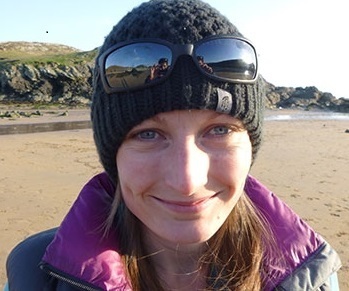
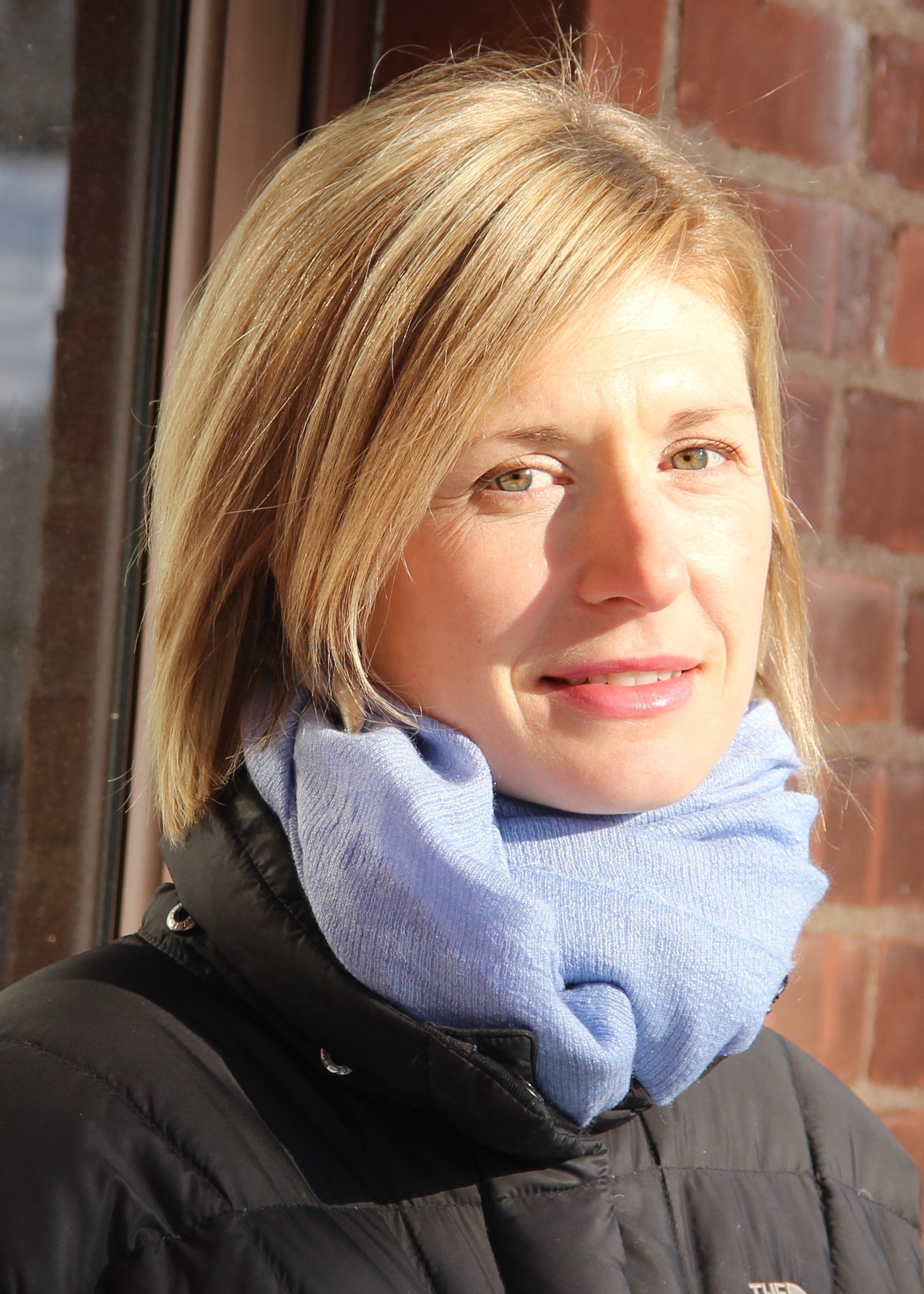
Tacey M. Atsitty, Diné, is Tsénahabiłnii (Sleep Rock People) and born for Ta’neeszahnii (Tangle People) from Cove, AZ. She is a recipient of the Truman Capote Creative Writing Fellowship, the Corson-Browning Poetry Prize, Morning Star Creative Writing Award, and the Philip Freund Prize. She holds bachelor’s degrees from Brigham Young University and the Institute of American Indian Arts, and an MFA in Creative Writing from Cornell University. Her work has appeared or is forthcoming in POETRY Magazine, Kenyon Review Online, Prairie Schooner, Crazyhorse, Literary Hub, New Poets of Native Nations, and other publications. Her first book is Rain Scald (University of New Mexico Press, 2018). She lives in Utah.

